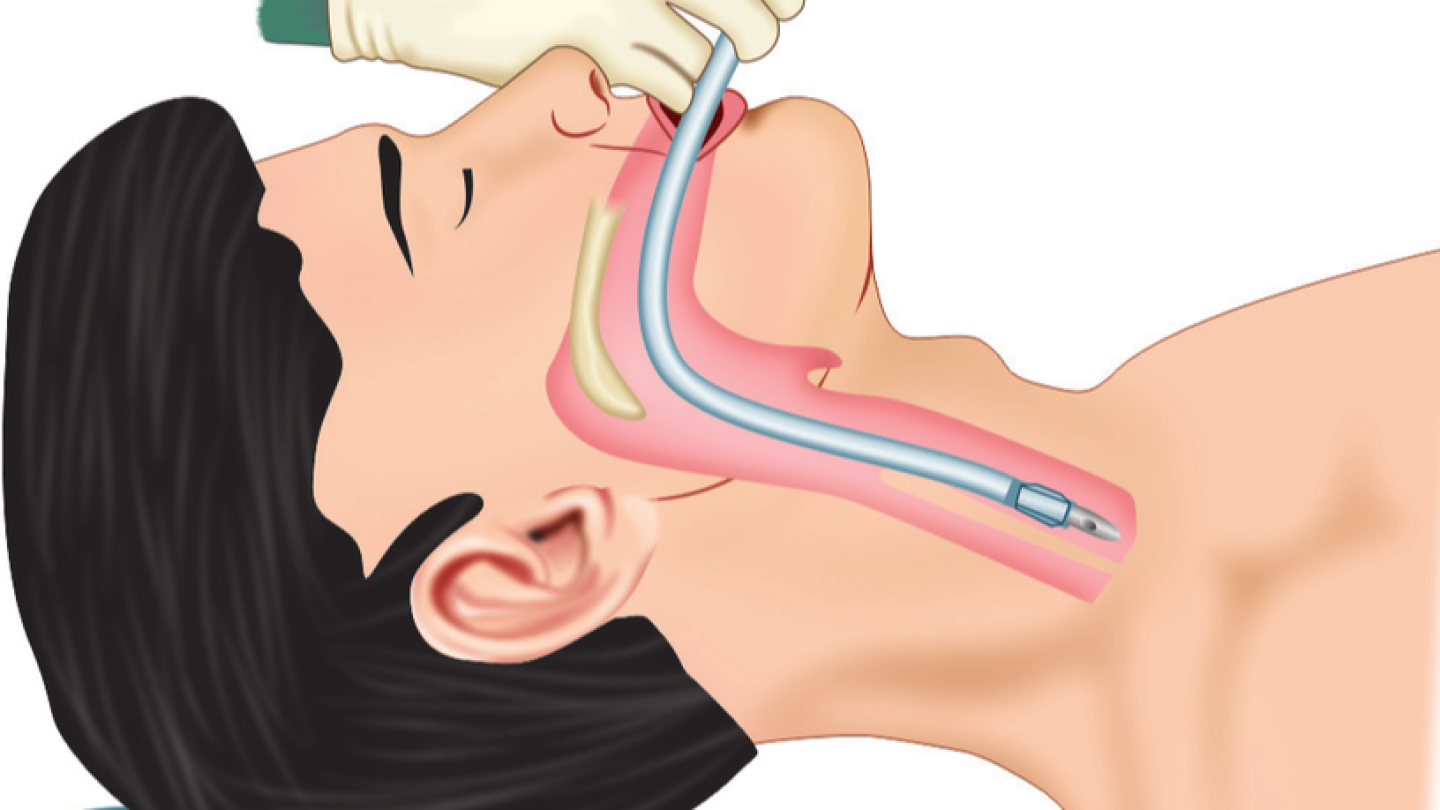Summit
Critical Crazy
- 2,707
- 1,329
- 113
Ballistic armor... uncomfortable, bulky, heavy, and stuffy, and I run hot.
Even if someone said here is an ultralight II or IIIA I'd be like, but why tho? And I'm thinking stab proof probably would benefit more likely to benefit providers than anything ballistic. But I'm biased/lucky... the scene could be made safe like that. But I knew VFFs who CCW'd to Fire/EMS calls. Rural CO gonna rural CO.
But that partner who is like "Well I took my SAPI plates out today."
What do you say to that? "OK, I'm glad we aren't expecting to be engaged by enemy scout snipers firing AP rounds... and that you'll be able to get the stair chair up 3 flights of stairs without hyperventilating."
I had one guy tell me armor was to protect him in case the ambulance crashed. I was like... "so, where's your crash helmet?"
Even if someone said here is an ultralight II or IIIA I'd be like, but why tho? And I'm thinking stab proof probably would benefit more likely to benefit providers than anything ballistic. But I'm biased/lucky... the scene could be made safe like that. But I knew VFFs who CCW'd to Fire/EMS calls. Rural CO gonna rural CO.
But that partner who is like "Well I took my SAPI plates out today."
What do you say to that? "OK, I'm glad we aren't expecting to be engaged by enemy scout snipers firing AP rounds... and that you'll be able to get the stair chair up 3 flights of stairs without hyperventilating."
I had one guy tell me armor was to protect him in case the ambulance crashed. I was like... "so, where's your crash helmet?"




